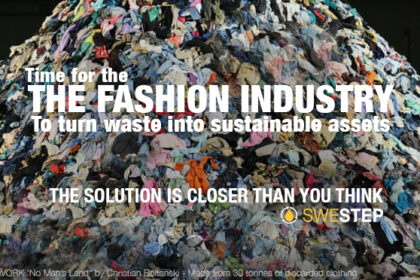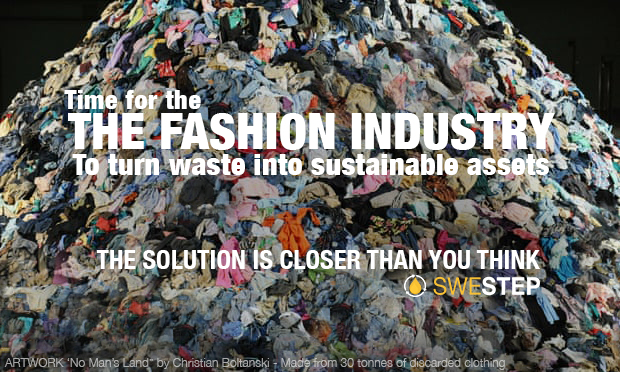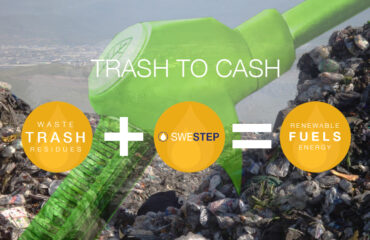

Lack of clear definitions in the issues related to “RECYCLING” has for many years created misunderstandings and confusion in the industry.
A general perception is still that the term recycling is identical to mechanical recycling (including reusing), both based on a separation process, where everything must be put into different waste streams…
– This is neither viable nor sustainable that so much of the waste (especially textile residues) ends up in landfills or sent for incineration.
In order to succeed in achieving set climate goals, the market needs access to alternatives to mechanical recycling, as it has its limitations and is both time-consuming and expensive.
“Feedstock Recycling”, a broader form of “Chemical Recycling” must be seen as an sustainable alternative, it is one of the most profitable and flexible recycling solutions on the market, seen from both input material (feedstock) and end products.
Swestep offers a Game Changing Catalytic Conversion Process (“Feedstock Recycling Technology”) that can recycle all hydrocarbon based waste into a Fossil Free, CO2 Neutral Synthetic Oil. A solution where fossil-dependent industries can become fossil-independent in a viable environmental and profitable way.
FASHION FACTS – Fast fashion makes shopping for clothes more affordable, but it comes at an environmental cost, and a large share of the 150 billion garments that are produced each year go to waste.
– The fashion industry produces 10% of all humanity’s carbon emissions
– Is the second-largest consumer of the world’s water supply
– And pollutes the oceans with micro plastics.
– So, time for change
– Time to take the next step
#Swestep – Next Generation Recycling Technology



